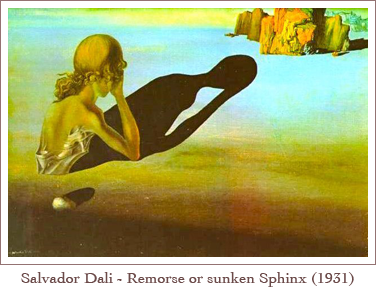•
the Blog
Genetics and racism (1)
By Guillaume Filion, filed under
variability,
crimestop,
genetics,
series: genetics and racism.
• 30 December 2012 •
Important note: Please read the Erratum at the end of the post.
Tolstoy’s remorse
It is 1879. Leo Tolstoy, then rich and famous for War and Peace and Anna Karenina works on another kind of text.
 In A Confession he explains at length that he regrets writing those novels. The focus of his remorse and his anger towards himself is the heart of his talent, this innate sense of human nature. Tolstoy's pen had no equal when it came to paint the Russian society of the time, its characters and its culture. However, he explains that this attitude towards writing is wrong, because he has been telling without preaching, he has been describing without judging. He will even abandon the royalties of War and Peace and Anna Karenina, refusing to earn money from such immoral writings.
In A Confession he explains at length that he regrets writing those novels. The focus of his remorse and his anger towards himself is the heart of his talent, this innate sense of human nature. Tolstoy's pen had no equal when it came to paint the Russian society of the time, its characters and its culture. However, he explains that this attitude towards writing is wrong, because he has been telling without preaching, he has been describing without judging. He will even abandon the royalties of War and Peace and Anna Karenina, refusing to earn money from such immoral writings.
We were all then convinced that it was necessary for us to speak, write, and print as quickly as possible and as much as possible, and that it was all wanted for the good of humanity. And thousands of us, contradicting and abusing one another, all printed and wrote — teaching others. And without noticing that we knew nothing, and that...
Lessons from Intelligent Design
By Guillaume Filion, filed under
evolution,
crimestop,
intelligent design,
consciousness,
creationism.
• 04 October 2012 •
 The first time I heard a friend of mine — a clever guy — claim that he does not believe in Evolution, I was speechless. Over the years I realized something important: he is not alone. As much as 40% of US citizens believe in strict creationism, while only ~ 15% believe in Evolution (source: Gallup polls).
The first time I heard a friend of mine — a clever guy — claim that he does not believe in Evolution, I was speechless. Over the years I realized something important: he is not alone. As much as 40% of US citizens believe in strict creationism, while only ~ 15% believe in Evolution (source: Gallup polls).
The latest incarnation of creationism, Intelligent Design, received some media attention during the trial of the Dover Area School District. Following the annoucement that Intelligent Design will be taught side by side with Evolution at the biology classes, a group of parents sued the public school district and finally convinced the judges that this constitutes a breach of the First Amendment of the constitution.
In essence, Intelligent Design claims to build on scientific observations. The rationale of the argument is that biological organisms, human beings in particular, are too complex to be the product of chance. They are designed. And if there is a design, there must be a designer.
Crimestop
If you have read George Orwell’s novel Nineteen Eighty-Four, you will perhaps remember the fictive language Newspeak. By removing words from the English vocabulary, the powers that be gradually enclose the...

